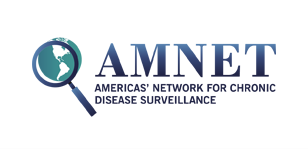Document Type
Original Research Article
Abstract
Abstract: Objective. To assess the determinants of snack intake among college students with overweight/obesity during COVID-19 pandemic. We hypothesized that younger and male students, those from minority background, those experiencing higher stress levels, and those with higher accessibility/availability of unhealthy snacks would snack more frequently or consume more unhealthy snack choices. Methods. This was a secondary analysis of the baseline data obtained from the Snackability trial, a trial testing the efficacy of a smartphone application for improving the quality of snack intake in US college students with overweight/obesity. Participants completed a survey on socio-demographics, stress levels, and snack patterns at the baseline visit (n=298). Analyses included correlation, Mann–Whitney U test, Kruskal–Wallis, and logistic regressions. Results. Most students were females 81.9%, 40.9% were whites, and 55.7% had a household income
Recommended Citation
Baghdadi, Mohammed; Prapkree, Lukkamol; Uddin, Rianna; Ajaj Jaafar, Jafar Ali; Sifre, Niliarys; Corea, Gabriel; Faith, Jordan; Hernandez, Jacqueline; and Palacios, Cristina
(2024)
"Snack Intake Among College Students with Overweight/Obesity and its Association with Gender, Income, Stress, and Availability of Snacks During the COVID-19 Pandemic,"
American Journal of Non-Communicable Diseases: Vol. 1:
Iss.
1, Article 1.
DOI: 10.25148/ajncd.1.1.010175
Available at:
https://digitalcommons.fiu.edu/ajncd/vol1/iss1/1
Baghdadi. Summary.docx
Baghdadi. FINAL VERSION.docx (310 kB)
Baghdadi. FINAL VERSION




